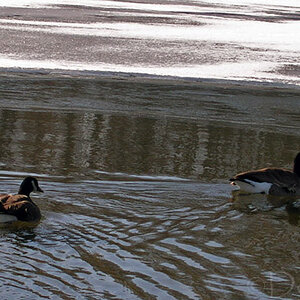cgw
Been spending a lot of time on here!
I'm not a lawyer nor do I play one on TV but this is truly interesting:

 petapixel.com
petapixel.com
Photographer Loses Plagiarism Case Against Artist Who 'Ripped Off' Her Work
She plans to appeal.


 Using that analogy I could photograph the pages in a book, scan it on an OCR scanner, then publish as an online book.
Using that analogy I could photograph the pages in a book, scan it on an OCR scanner, then publish as an online book.![[No title]](/data/xfmg/thumbnail/34/34056-de7cd932b4cd702c2f77e0f5c9ec1aa2.jpg?1619736256)

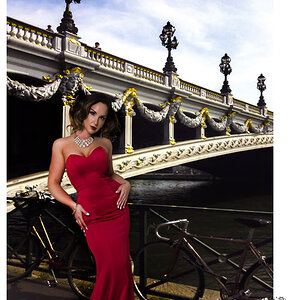
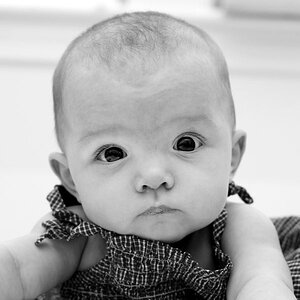


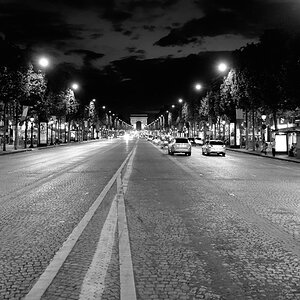
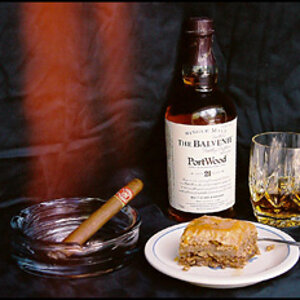


![[No title]](/data/xfmg/thumbnail/40/40288-4d5d7a8aa74ddfceb5fb82062d9b21be.jpg?1619739409)
